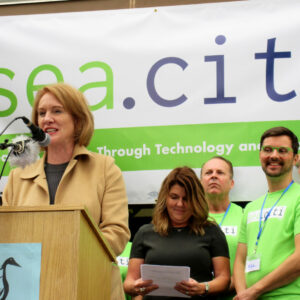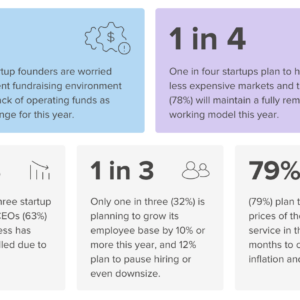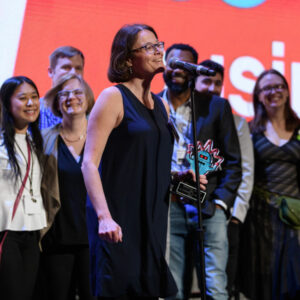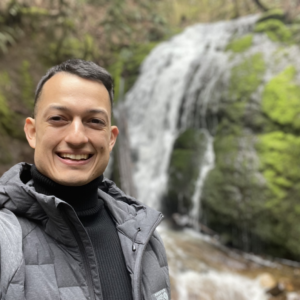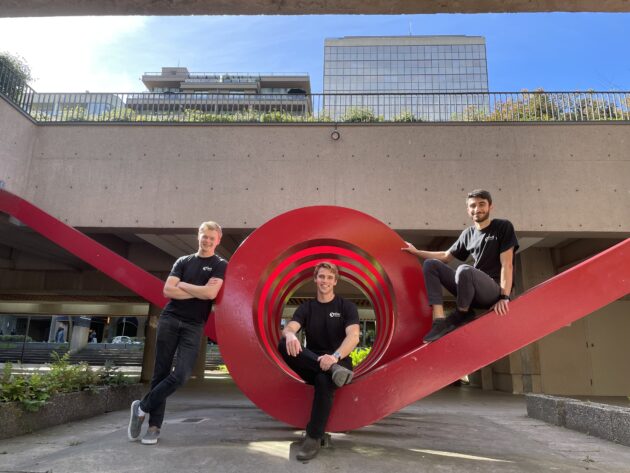
With millions of boats across the world, it is difficult for regulators to stop fishers who exceed catching limits. Even those with no malicious intent can accidentally catch too much because of manual reporting practices.
Enter OnDeck Fisheries AI, a Vancouver, B.C.-based startup developing software to automatically scan how many fish are brought onto a ship.
The company’s machine learning and computer vision technology tracks the precise biomass and type of fish without requiring human observers. The idea is to help regulators and fishers rely on an automated solution to ensure they are complying with fishing regulations. Its customers are fishers, regulators, and research groups based around the world in Europe, Asia, North America, and Oceania.
OnDeck Fisheries AI recently won $30,000 in prize money at the University of Washington’s Dempsey Startup Competition. The team also won $10,000 from the Ocean Startup Project’s Ocean Idea Challenge, and won the $5,000 runner-up prize at the Washington University in St. Louis BigIdeaBounce in March.
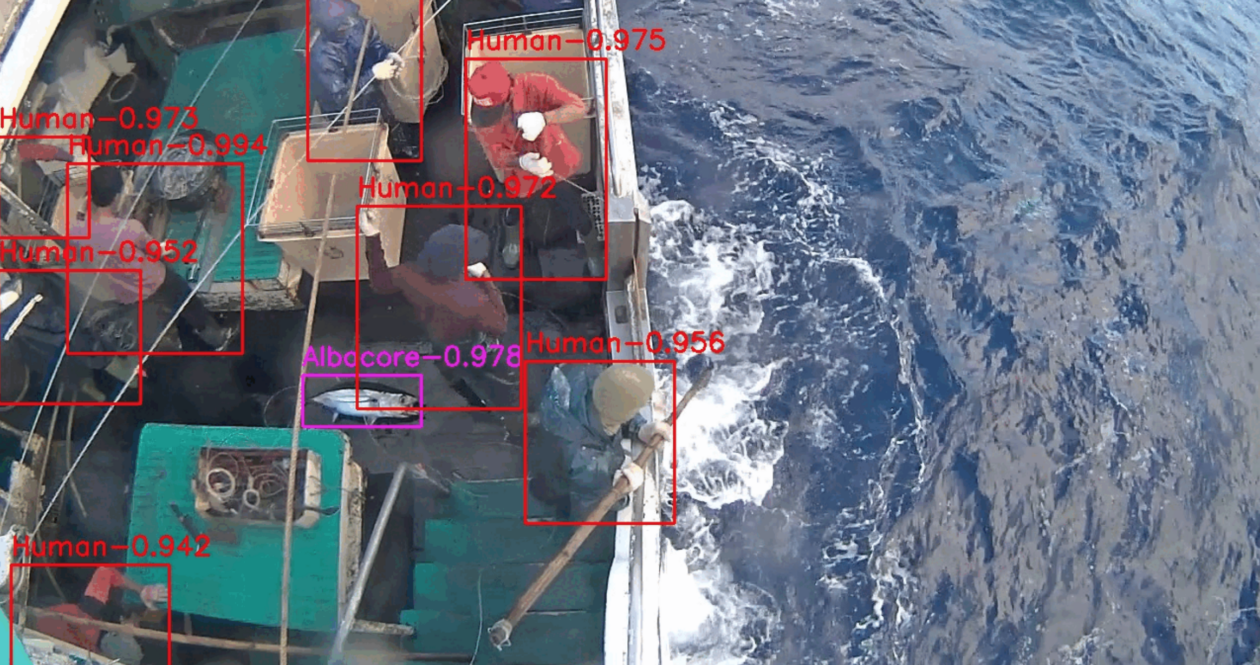
The concept behind OnDeck Fisheries AI came after Alexander Dungate developed an interest in the fishery industry during his coursework at University of British Columbia, which “highlighted the egregious, existential problems with the fishery industry.”
Fish accounts for around 17% of the world’s animal-based protein consumption. The industry suffers from environmental and overfishing problems. Coastal indigenous communities, represented by nearly 30 million people between the Artic and South Pacific, are immediately affected by the loss of fish that are often central to their identity.
Dungate pitched the idea to his two best friends, Matthew Leighton and Sepand Dyanatkar, in 2021 to leverage their expertise in biology and computer science.
“By combining the two, we had an opportunity to genuinely change the world,” Dungate said.
Leighton is pursuing a Ph.D in biophysics at Simon Fraser University. Dyanatkar previously interned at Amazon and the European Space Agency, and just completed his computer science and physics degree at the University of British Columbia.
Tech-enabled sustainability solutions are not new to the fishery industry. Blockchain-based supply chain management is addressing overfishing through communication between suppliers. But around a third of the total fish caught are not recorded, Dungate said, leaving an opportunity for OnDeck Fisheries AI.

